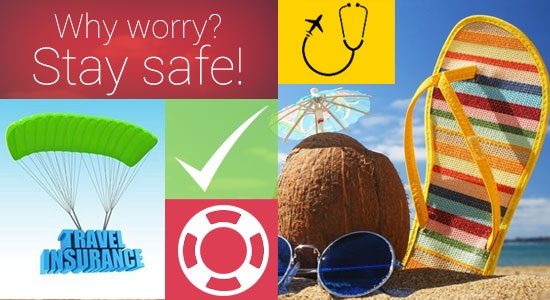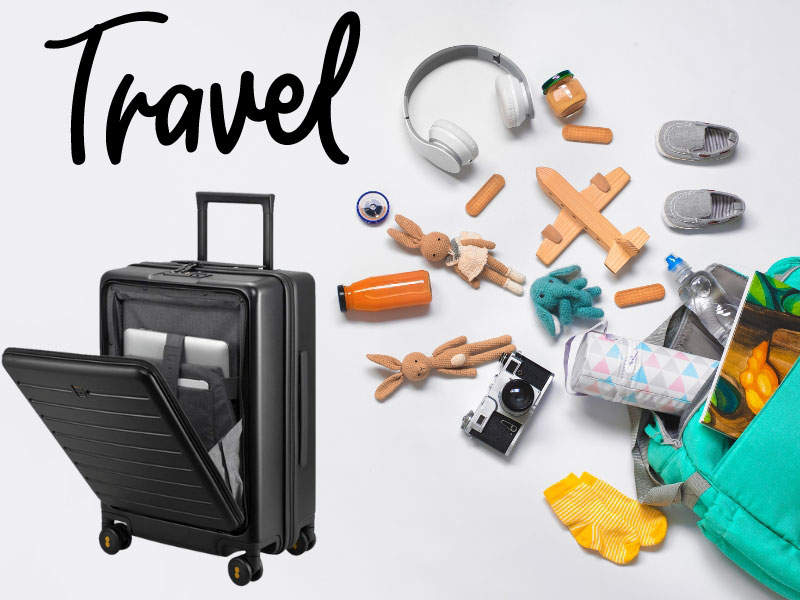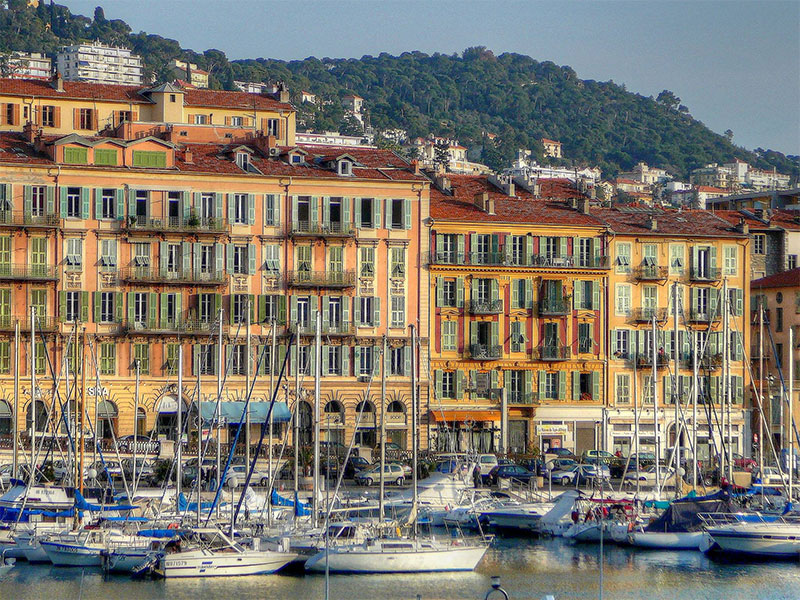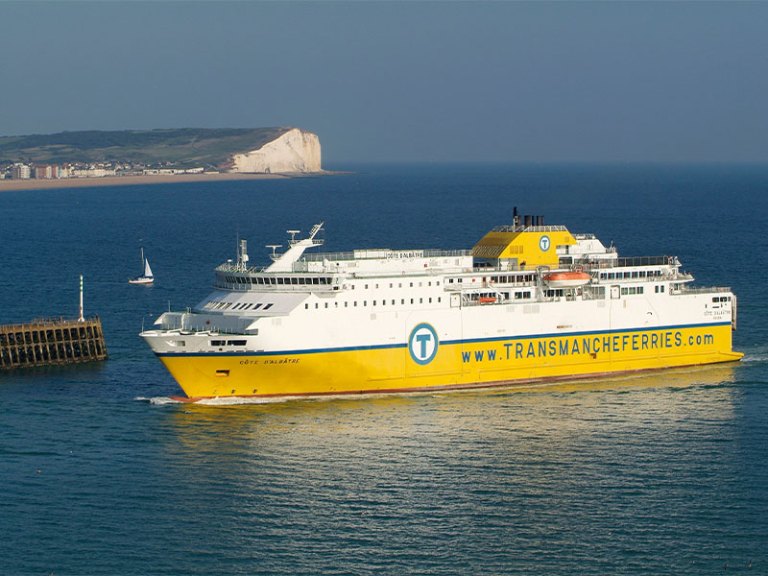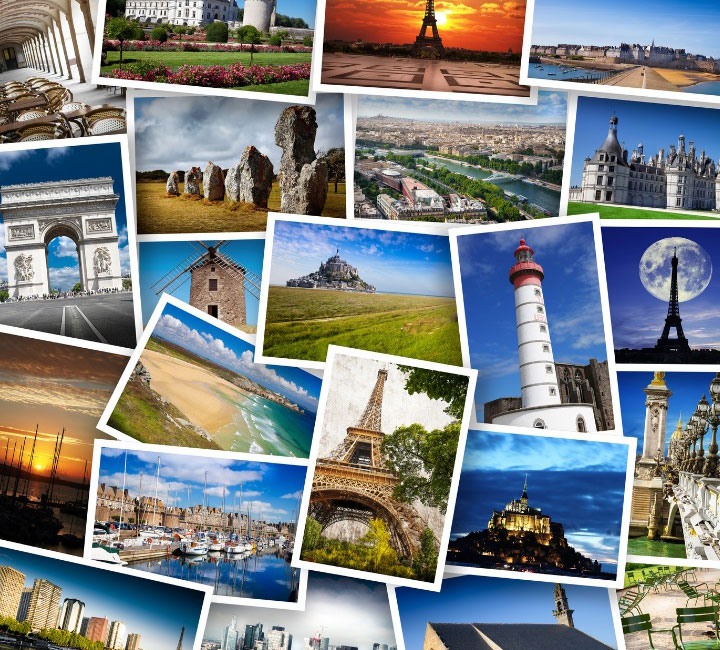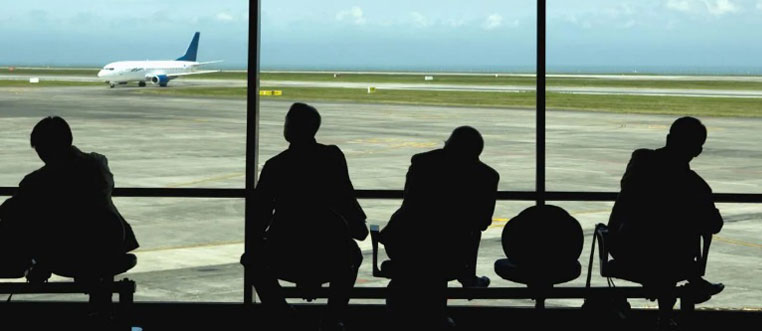Every European country has its own rich history and culture, making a continental tour one of those once-in-a-lifetime treks you’ll relive at dinner tables for years to come.
However, pack the wrong stuff and you’ll find yourself recounting tales of inconvenience, irritation and downright frustration. That’s why we’ve pulled together this essentials list of things you can’t afford to leave behind.
First-off, unless you’re planning a very naturist approach to travelling, picking the right clothes should be at the very top of your to do list. As any trekker will tell you, uncomfortable or inappropriate clothing can be anything from mildly annoying to genuinely dangerous in harsh weather conditions.
The time of year and particular locations you’re going to will inevitably have an impact, yet during all seasons you need to make sure you stay warm at night and when in places of high altitude. This is why a water-resistant jacket and lightweight fleece are vital to have on you, alongside a scarf and hat. It’s worth bringing two pairs of gloves in case one gets wet.
For the rest of your clothes, bear in mind that cotton and nylon blends tend to dry quicker, a useful asset given that you’ll want to carry as few items as possible. Try to pick tops and trousers that are also adaptable: for instance, long sleeve shirts that roll up easily can double up as short-sleeves for hotter climates, whereas light trousers with zips can become shorts. Avoid jeans altogether, they’re too heavy and dry very slowly.
When it comes to money, although not everyone uses Euros it’s still best to keep your currency in them, as all countries will be able to exchange them if necessary. Most importantly, get a money belt or neck wallet to put them in and keep the pouch hidden under your shirt – security concerns aside, it brings you peace of mind as well.
For documents, your passport is still worth having even if you’re staying within the Schengen area, as the rules could change at a moment’s notice. Alongside this a driver’s licence, student ID, hostel membership card and extra passport photos are all worth bringing.
One vital document you cannot leave behind is your European Health Insurance Card, which enables you access to state-provided care at a reduced or free cost within the European Economic Area. No one thinks they’ll fall ill when they begin their journey, but you have to be prepared just in case.
When it comes to toiletries, you don’t need to be told to get your toothpaste, shampoo and other usual products in order. However, it’s worth branching out with some common medicines and vitamins, as well as a first aid kit in case you come unstuck in the wild. A sewing kit also becomes incredibly handy when clothes get ripped, whereas a washing line will be a Godsend when you’ve run out of radiator space.
Of course these are just your essentials – there will be more things to take that could be useful at given times. But always remember that everything in that backpack needs to be carried across an entire continent. As far as you can, keep it as light as possible.
